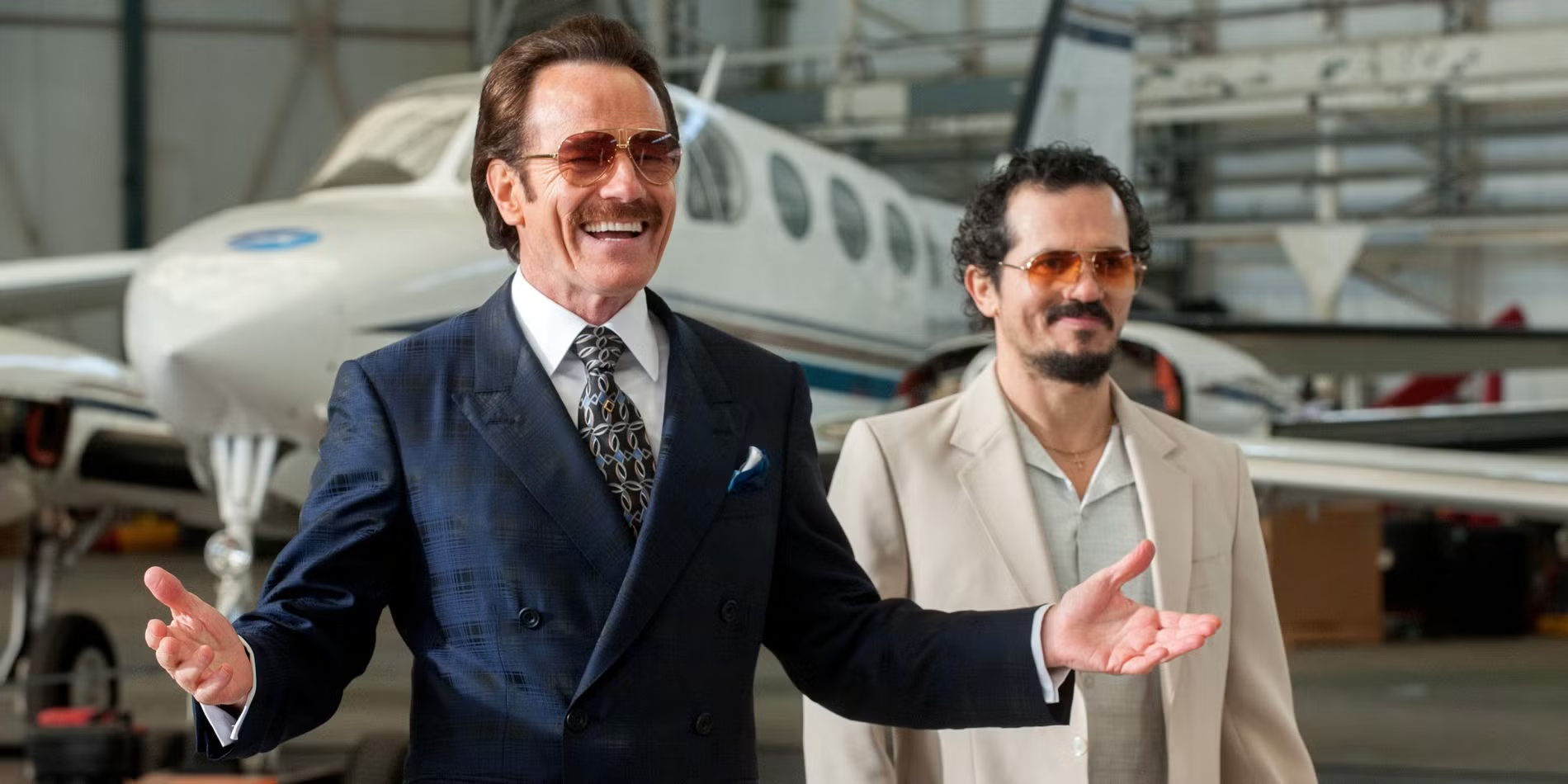Photos: YouTube
Many governments and media figures are rightly condemning Russian President Vladimir Putin’s attack on Ukraine as an act of aggression and a violation of international law. But in his first speech about the invasion, on February 24, US President Joe Biden also called the invasion “unprovoked.” It’s a word that has been echoed repeatedly across the media ecosystem.
“Putin’s forces entered Ukraine’s second-largest city on the fourth day of the unprovoked invasion,” Axios (2/27/22) reported; “Russia’s unprovoked invasion of Ukraine entered its second week Friday,” said CNBC (3/4/22). Vox (3/1/22) wrote of “Putin’s decision to launch an unprovoked and unnecessary war with the second-largest country in Europe.”
The “unprovoked” descriptor obscures a long history of provocative behavior from the United States in regards to Ukraine. This history is important to understanding how we got here, and what degree of responsibility the US bears for the current attack on Ukraine.
Ignoring expert advice
The story starts at the end of the Cold War, when the US was the only global hegemon. As part of the deal that finalized the reunification of Germany, the US promised Russia that NATO would not expand “one inch eastward.” Despite this, it wasn’t long before talk of expansion began to circulate among policy makers.
In 1997, dozens of foreign policy veterans (including former Defense Secretary Robert McNamara and former CIA Director Stansfield Turner) sent a joint letter to then-President Bill Clinton calling “the current US-led effort to expand NATO…a policy error of historic proportions.” They predicted:
In Russia, NATO expansion, which continues to be opposed across the entire political spectrum, will strengthen the nondemocratic opposition, undercut those who favor reform and cooperation with the West [and] bring the Russians to question the entire post-Cold War settlement.
New York Times columnist Thomas Friedman (5/2/98) in 1998 asked famed diplomat George Kennan—architect of the US Cold War strategy of containment—about NATO expansion. Kennan’s response:
I think it is the beginning of a new cold war. I think the Russians will gradually react quite adversely and it will affect their policies. I think it is a tragic mistake. There was no reason for this whatsoever. No one was threatening anybody else. Of course there is going to be a bad reaction from Russia, and then [the NATO expanders] will say that we always told you that is how the Russians are—but this is just wrong.
Despite these warnings, Poland, Hungary and the Czech Republic were added to NATO in 1999, with Bulgaria, Estonia, Latvia, Lithuania, Romania, Slovakia and Slovenia following in 2004.
US planners were warned again in 2008 by US Ambassador to Moscow William Burns (now director of the CIA under Joe Biden). WikiLeaks leaked a cable from Burns titled “Nyet Means Nyet: Russia’s NATO Enlargement Redlines” that included another prophetic warning worth quoting in full (emphasis added):
Ukraine and Georgia’s NATO aspirations not only touch a raw nerve in Russia, they engender serious concerns about the consequences for stability in the region. Not only does Russia perceive encirclement, and efforts to undermine Russia’s influence in the region, but it also fears unpredictable and uncontrolled consequences which would seriously affect Russian security interests.
Experts tell us that Russia is particularly worried that the strong divisions in Ukraine over NATO membership, with much of the ethnic Russian community against membership, could lead to a major split, involving violence or at worst, civil war. In that eventuality, Russia would have to decide whether to intervene; a decision Russia does not want to have to face.
A de facto NATO ally
But the US has pushed Russia to make such a decision. Though European countries are divided about whether or not Ukraine should join, many in the NATO camp have been adamant about maintaining the alliance’s “open door policy.” Even as US planners were warning of a Russian invasion, NATO Secretary General Jens Stoltenberg reiterated NATO’s 2008 plans to integrate Ukraine into the alliance (New York Times, 12/16/21). The Biden administration has taken a more roundabout approach, supporting in the abstract “Kyiv’s right to choose its own security arrangements and alliances.” But the implication is obvious.
Even without officially being in NATO, Ukraine has become a de facto NATO ally—and Russia has paid close attention to these developments. In a December 2021 speech to his top military officials, Putin expressed his concerns:
Over the past few years, military contingents of NATO countries have been almost constantly present on Ukrainian territory under the pretext of exercises. The Ukrainian troop control system has already been integrated into NATO. This means that NATO headquarters can issue direct commands to the Ukrainian armed forces, even to their separate units and squads….
Kiev has long proclaimed a strategic course on joining NATO. Indeed, each country is entitled to pick its own security system and enter into military alliances. There would be no problem with that, if it were not for one “but.” International documents expressly stipulate the principle of equal and indivisible security, which includes obligations not to strengthen one’s own security at the expense of the security of other states….
In other words, the choice of pathways towards ensuring security should not pose a threat to other states, whereas Ukraine joining NATO is a direct threat to Russia’s security.
In an explainer piece, the New York Times (2/24/22) centered NATO expansion as a root cause of the war. Unfortunately, the Times omitted the critical context of NATO’s pledge not to expand, and the subsequent abandonment of that promise. This is an important context to understand the Russian view of US policies, especially so given the ample warnings from US diplomats and foreign policy experts.
The Maidan Coup of 2014
A major turning point in the US/Ukraine/Russia relationship was the 2014 violent and unconstitutional ouster of President Viktor Yanukovych, elected in 2010 in a vote heavily split between eastern and western Ukraine. His ouster came after months of protests led in part by far-right extremists (FAIR.org, 3/7/14). Weeks before his ouster, an unknown party leaked a phone call between US officials discussing who should and shouldn’t be part of the new government, and finding ways to “seal the deal.” After the ouster, a politician the officials designated as “the guy” even became prime minister.
The US involvement was part of a campaign aimed at exploiting the divisions in Ukrainian society to push the country into the US sphere of influence, pulling it out of the Russian sphere (FAIR.org, 1/28/22). In the aftermath of the overthrow, Russia illegally annexed Crimea from Ukraine, in part to secure a major naval base from the new Ukrainian government.
The New York Times (2/24/22) and Washington Post (2/28/22) both omitted the role the US played in these events. In US media, this critical moment in history is completely cleansed of US influence, erasing a critical step on the road to the current war.
Keeping civil war alive
In another response to the overthrow, an uprising in Ukraine’s Donbas region grew into a rebel movement that declared independence from Ukraine and announced the formation of their own republics. The resulting civil war claimed thousands of lives, but was largely paused in 2015 with a ceasefire agreement known as the Minsk II accords.
The deal, agreed to by Ukraine, Russia and other European countries, was designed to grant some form of autonomy to the breakaway regions in exchange for reintegrating them into the Ukrainian state. Unfortunately, the Ukrainian government refused to implement the autonomy provision of the accords. Anatol Lieven, a researcher with the Quincy Institute for Responsible Statecraft, wrote in The Nation (11/15/21):
The main reason for this refusal, apart from a general commitment to retain centralized power in Kiev, has been the belief that permanent autonomy for the Donbas would prevent Ukraine from joining NATO and the European Union, as the region could use its constitutional position within Ukraine to block membership.
Ukraine opted instead to prolong the Donbas conflict, and there was never significant pressure from the West to alter course. Though there were brief reports of the accords’ revival as recently as late January, Ukrainian security chief Oleksiy Danilov warned the West not to pressure Ukraine to implement the peace deal. “The fulfillment of the Minsk agreement means the country’s destruction,” he said (AP, 1/31/22). Danilov claimed that even when the agreement was signed eight years ago, “it was already clear for all rational people that it’s impossible to implement.”
Lieven notes that the depth of Russian commitment has yet to be fully tested, but Putin has supported the Minsk accords, refraining from officially recognizing the Donbas republics until last week.
The New York Times (2/8/22) explainer on the Minsk accords blamed their failure on a disagreement between Ukraine and Russia over their implementation. This is inadequate to explain the failure of the agreements, however, given that Russia cannot affect Ukrainian parliamentary procedure. The Times quietly acknowledged that the law meant to define special status in the Donbas had been “shelved” by the Ukranians, indicating that the country had stopped trying to solve the issue in favor of a stalemate.
There was no mention of the comments from a top Ukrainian official openly denouncing the peace accords. Nor was it acknowledged that the US could have used its influence to push Ukraine to solve the issue, but refrained from doing so.
Read more.


















